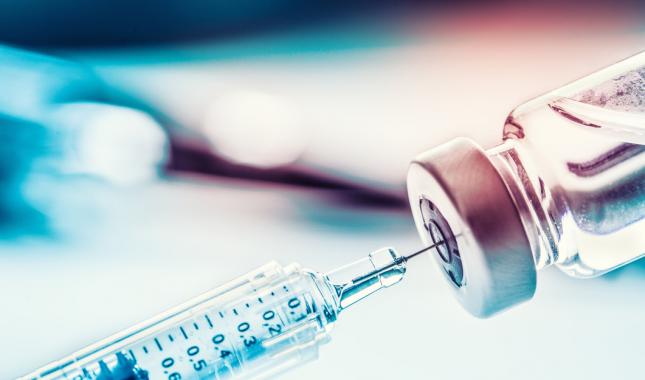The recent news that at least two clinical trials involving the development of a vaccine for COVID-19 are showing promise has led to questions about herd immunity and its possible impact on diminishing the spread of the virus.
The Mayo Clinic says herd immunity occurs when a large portion of a community becomes immune to a disease, making the spread from person to person unlikely. As a result, the whole community becomes protected, not just those who are immune.
But experts say that herd immunity with COVID-19 is unlikely without a vaccine. It is estimated that 70% of the population -- more than 200 million people -- would need to recover from COVID-19 to halt the pandemic. This amount of infection could lead to serious complications and millions of deaths, especially among the elderly and those with other existing health conditions.
“The most effective and safest way to approach herd immunity is through wide-scale immunizations,” said Infectious Disease Specialist at Catholic Health Services’s Good Samaritan Hospital Medical Center Uzma Syed, DO.
While many have recovered from COVID-19, the challenge for the medical community is fully understanding the level of immunity individuals have, which doctors say can vary.
“It seems that people who develop milder cases of COVID-19, or who are asymptomatic, may have less immunity,” Dr. Syed said. “Right now, we do not know the length of immunity for a person who has recovered from COVID-19. We know people develop some form of immunity. How much and for how long remains unknown.”
Until a vaccine is developed, it is crucial to slow the spread of COVID-19 to protect individuals who are at an increased risk of severe illness. To reduce the risk of infection:
- Avoid large events and mass gatherings
- Avoid close contact with someone who has COVID-19
- Wash your hands with soap and water for at least 20 seconds or use an alcohol-based sanitizer with at least 60% alcohol.
- Wear a face covering in public spaces
- Cover your mouth and nose with your elbow or a tissue when coughing/sneezing
- Avoid touching your eyes, nose and mouth
- Clean and disinfect high-touch surfaces
- Stay home when sick
Dr. Syed said these steps taken by the public will help limit the spread of COVID-19, a virus she called “extremely unique,” until a vaccine is developed.
Call 855-CHS-4500/855-247-4500 for the latest information on elective surgery, emergency department visits and visitor policy across Catholic Health Services’s facilities.

